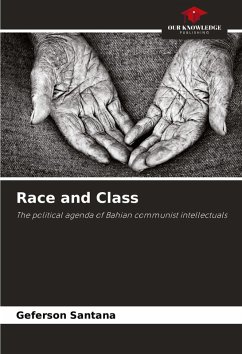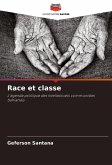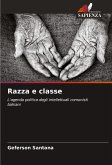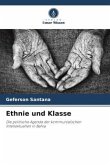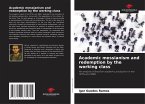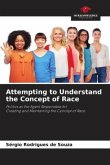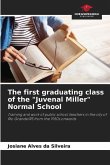In a scenario dominated by the elites of Salvador, who were still extremely fascinated by European culture, intellectuals like Jorge Amado achieved projection and visibility, opening up space for the work of other intellectuals who would be equally important in the 1930s, such as Aydano do Couto Ferraz and Edison Carneiro. Even though Jorge Amado was living in Rio de Janeiro in 1931 to finish secondary school and enter higher education, he still made constant visits to Bahia to collect material for his novels and to visit friends and family. In this sense, in this book, we will analyse the involvement of the research subjects with issues surrounding the idea of class, race and ethnic-religious problems. We never imagined that we would find such discussions in articles published in newspapers, books and the proceedings of the II Afro-Brazilian Congress, which took place in January 1937 in the city of Salvador. The Congress was a space used by communists to debate issues of race and class, as well as serving as a bridge for the foundation of other spaces of sociability such as the Union of Afro-Brazilian Sects.
Bitte wählen Sie Ihr Anliegen aus.
Rechnungen
Retourenschein anfordern
Bestellstatus
Storno

